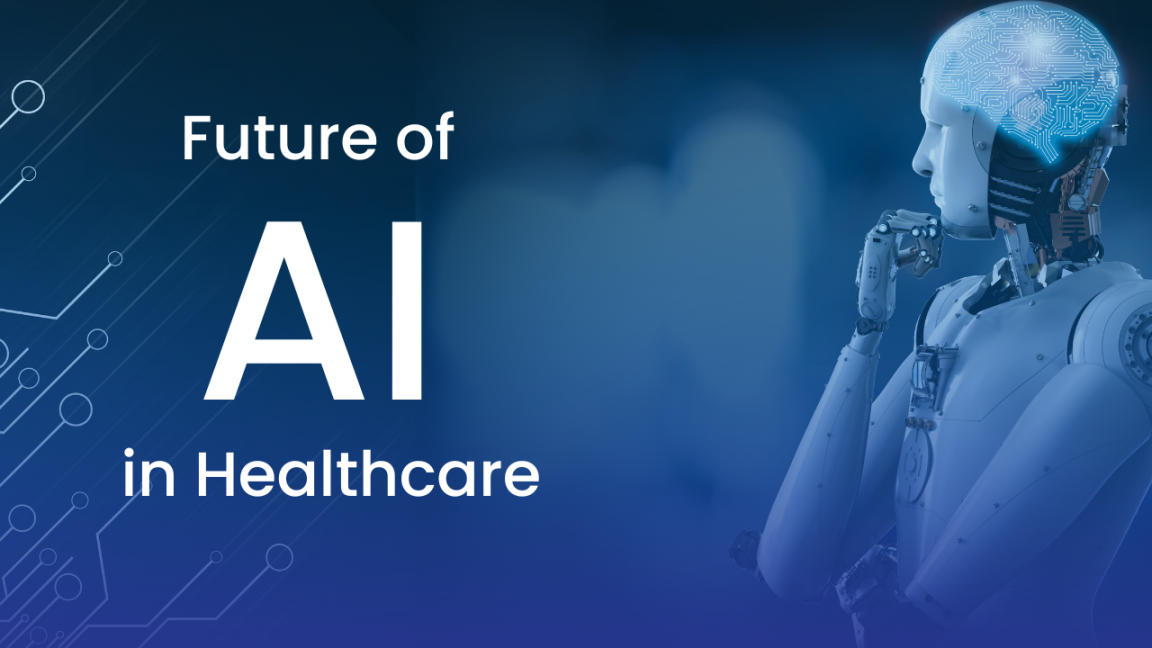Artificial Intelligence (AI) has infiltrated almost every sector of our lives, and healthcare is no exception. Over the past decade, AI has been quietly revolutionizing patient care, changing the way medical professionals diagnose, treat, and manage health conditions. In this article, we will explore how AI is reshaping the landscape of healthcare, offering more efficient, accurate, and personalized services to patients worldwide.
Early Disease Detection:
AI-powered algorithms are capable of analyzing vast amounts of patient data, from medical records to diagnostic images, with unprecedented speed and accuracy. These algorithms can identify subtle patterns and anomalies that may be indicative of diseases like cancer, diabetes, or heart conditions. Early detection can significantly improve treatment outcomes and even save lives.
Personalized Treatment Plans:
AI’s ability to process large datasets enables the creation of personalized treatment plans. By considering a patient’s genetic makeup, medical history, and lifestyle factors, AI can recommend tailored therapies and medications. This not only enhances the effectiveness of treatments but also minimizes adverse side effects.
Virtual Health Assistants:
AI-powered chatbots and virtual health assistants are becoming increasingly common in healthcare. These AI-driven tools provide patients with instant access to information, answer medical queries, and schedule appointments. They also help healthcare providers manage administrative tasks, allowing them to focus more on patient care.
Predictive Analytics:
AI can predict patient outcomes and hospital resource requirements. This enables hospitals to allocate resources more efficiently, reducing wait times and ensuring that critical cases receive timely attention. Predictive analytics also aids in preventing readmissions by identifying patients at risk of complications.
Drug Discovery and Development:
Developing new medications is a time-consuming and expensive process. AI accelerates drug discovery by analyzing existing research data and simulating drug interactions. This can potentially lead to the quicker development of breakthrough treatments and drugs.
Telemedicine and Remote Monitoring:
The COVID-19 pandemic accelerated the adoption of telemedicine, and AI played a crucial role in making remote healthcare effective. AI-powered devices can remotely monitor patients’ vital signs and health metrics, allowing healthcare providers to intervene when necessary and reducing the need for in-person visits.
Conclusion:
Artificial Intelligence is transforming healthcare from a reactive to a proactive and personalized system. By harnessing the power of AI, healthcare providers can offer more accurate diagnoses, tailor treatments, and improve patient outcomes. While AI’s role in healthcare is still evolving, its potential to revolutionize patient care is undeniable. As technology continues to advance, we can expect even more groundbreaking developments in the medical field, ultimately leading to a healthier and more efficient healthcare system for all.





























